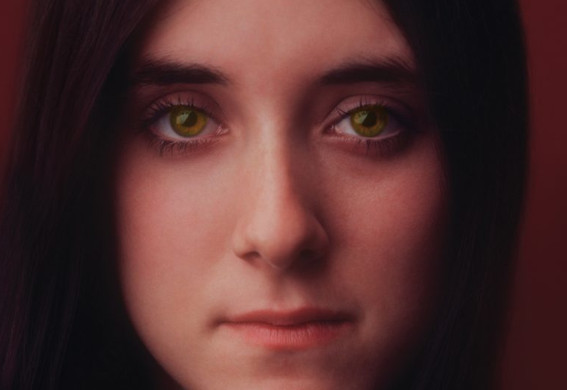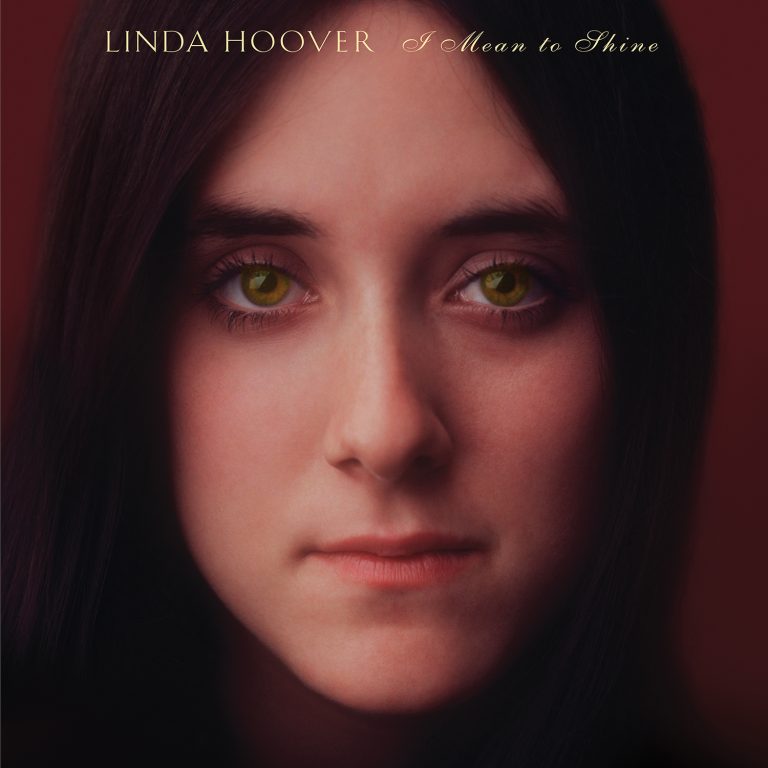In the summer of 1970, Three Dog Night, Bread and Neil Diamond topped the US charts, in the spring Crosby, Stills, Nash & Young had released “Déjà Vu” and Joni Mitchell had set a monument to the Laurel Canyon scene with “Ladies of the Canyon”. It was the golden era of singer-songwriters as Linda Hoover, then 19, entered Manhattan’s Advantage Sound Studio to cut her first album with Gary Katz, Walter Becker and Donald Fagen leading a team that also included guitarists (and future Steely Dan members) Denny Dias and Jeff “Skunk” Baxter, and Eric Weissberg, saxophonist Jerome Richardson, plus members of the Dick Cavett Orchestra.
“I Mean To Shine” includes three original compositions by Linda Hoover alongside The Band’s “In A Station” (from Music From Big Pink) and Stephen Stills’ “4+20” (which appeared on CSN&Y’s Déjà Vu). Almost half of the album was penned by the pre-Steely Dan songwriting duo of Becker and Fagen, including what would become the album’s title track.
After recording, album cover photos were taken and then it all fell apart. The album was shelved over a business disagreement. Then Barbra Streisand also recorded “I Mean To Shine” (which would appear on her album Barbra Joan Streisand). Streisand’s album hit #11 and went gold.
For the production team of Katz, Becker, and Fagen one success built on another and they were hired to staff positions at ABC-Dunhill Records in Los Angeles.
Hoover continued to pursue musical opportunities in New York, but with her creative team gone and no record release to show for their collective efforts, she wound up returning to her parents’ house in Florida. However, she did take a tape copy of her album home with her.
Now, with the blessing from Hoover and original producer Katz, Omnivore Recordings finally released the previously unissued album, featuring the proposed 1970 cover shot by Joel Brodsky (whose work at that time had already graced the covers of releases from The Doors, Van Morrison, The Stooges, and more).
The album has been produced for release by Linda, Jay Willingham, and Grammy-winner Cheryl Pawelski with audio restoration and mastering by Grammy-winning engineer Michael Graves. Scott Schinder’s liner notes are informed by new interviews with Hoover and Katz.
Photo: Joel Brodsky


